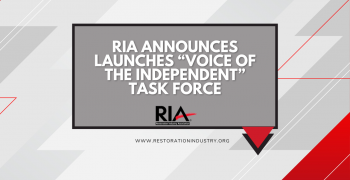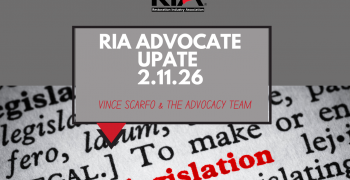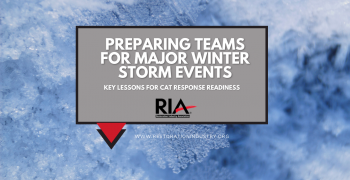RIA Restoration Blog
What is the core mission that drives you as a leader?
Restoration Industry Association (RIA) Launches “Voice of the Independent” Task Force
The landscape for mold remediation is changing, and if you do business with the federal government—or want to start, it’s time to level up.
In an industry where every second counts, the speed of change isn’t just happening on the job site—it’s happening in state capitols and regulatory offices.
Profitable Restorer Named RIA’s First Affinity Partner of 2026
Mt.
Mt. Laurel, NJ — January 28, 2026
Major winter storms create a perfect storm of challenges for restoration contractors: frozen pipes, widespread power outages, inaccessible sites, labor shortages
RIA’s advocacy function exists to protect restorers’ ability to perform emergency services, navigate an increasingly complex regulatory environment, and operate
The Restoration Industry Association Appoints Vince Scarfo to Lead Government Affairs Advocacy
As we wrap up an incredible 2025, it’s time to celebrate the wins that are moving the needle for restorers everywhere.











